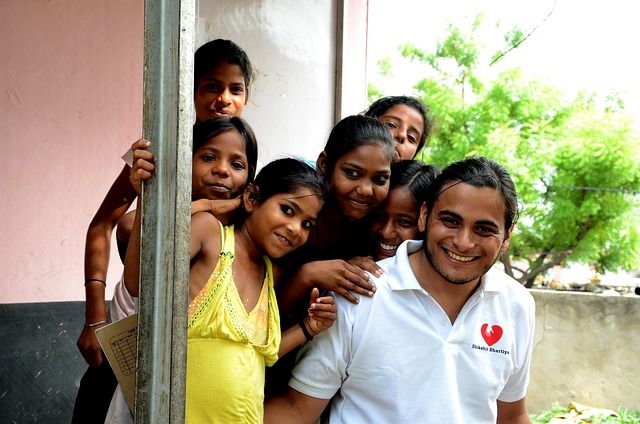
The Impact of Volunteer Day on Foundations and the Economy
The Impact of Volunteer Day on Foundations and the Economy
Volunteer Day is more than just a date on the calendar; it’s a vibrant celebration of community spirit, connection, and altruism. When individuals come together to lend a hand, amazing transformations unfold—not only within communities but also within the foundations that drive positive change and the economy that supports these initiatives.
Foundations and philanthropic organizations thrive on the goodwill and active participation of volunteers. Each year, Volunteer Day ignites a movement of compassion, bringing forth an army of hands ready to build, support, and uplift. This influx of volunteers doesn’t just contribute labor; it infuses fresh energy, creative ideas, and diverse perspectives into projects that would otherwise struggle for resources. It’s a beautiful dance where community needs intersect with individual passion and commitment.
As more people engage in Volunteer Day, they are fostering a culture of giving that spreads beyond the event itself. Volunteers often return to their communities, inspired to create or enhance initiatives that support local causes. This ripple effect can catalyze significant growth for foundations, allowing them to expand their programs, reach new audiences, and amplify their impact. When foundations thrive, they can offer more scholarships, grants, and support for vital community projects, creating a loop of generosity that continues to flourish.
But the implications of Volunteer Day extend far beyond the walls of foundations; they reverberate throughout the economy. On a microeconomic level, when volunteers engage in community service, they tend to bond with local businesses and services, effectively boosting the local economy. A community that fosters volunteering encourages individuals to support local shops, restaurants, and other enterprises, creating a cycle of financial growth that benefits everyone involved.
Moreover, engaging in volunteer work indirectly nurtures economic resilience. Individuals who volunteer often develop valuable skills and connections that improve their employability. This means that by simply giving time, community members enhance both their future job prospects and their ability to contribute positively to their local economies. The skills gained through volunteering—such as teamwork, leadership, and problem-solving—translate well into the workforce, ensuring that the benefits of Volunteer Day extend far beyond philanthropy.
As organizations and municipalities recognize the profound impact of Volunteer Day, many are increasingly investing in opportunities for engagement. Initiatives that promote community service not only enhance the fabric of society but also stimulate local economies, proving that volunteerism and economic sustainability are deeply interconnected. From corporate sponsorships to organized events, the way we support Volunteer Day is a glimpse into our commitment to cultivating a thriving community.
In the end, the celebration of Volunteer Day encapsulates more than just a single day of service; it symbolizes a heartfelt commitment to our foundations and our economy. By participating actively, we contribute to a healthier financial ecosystem, enhanced community engagement, and a more connected society. Volunteer Day is proof that when we all lend a hand, we create lasting change that nurtures our communities and strengthens the very fabric of our economy.



